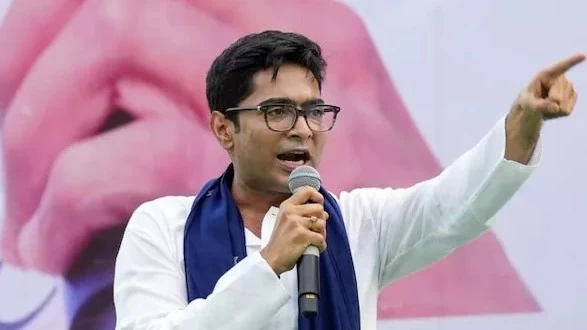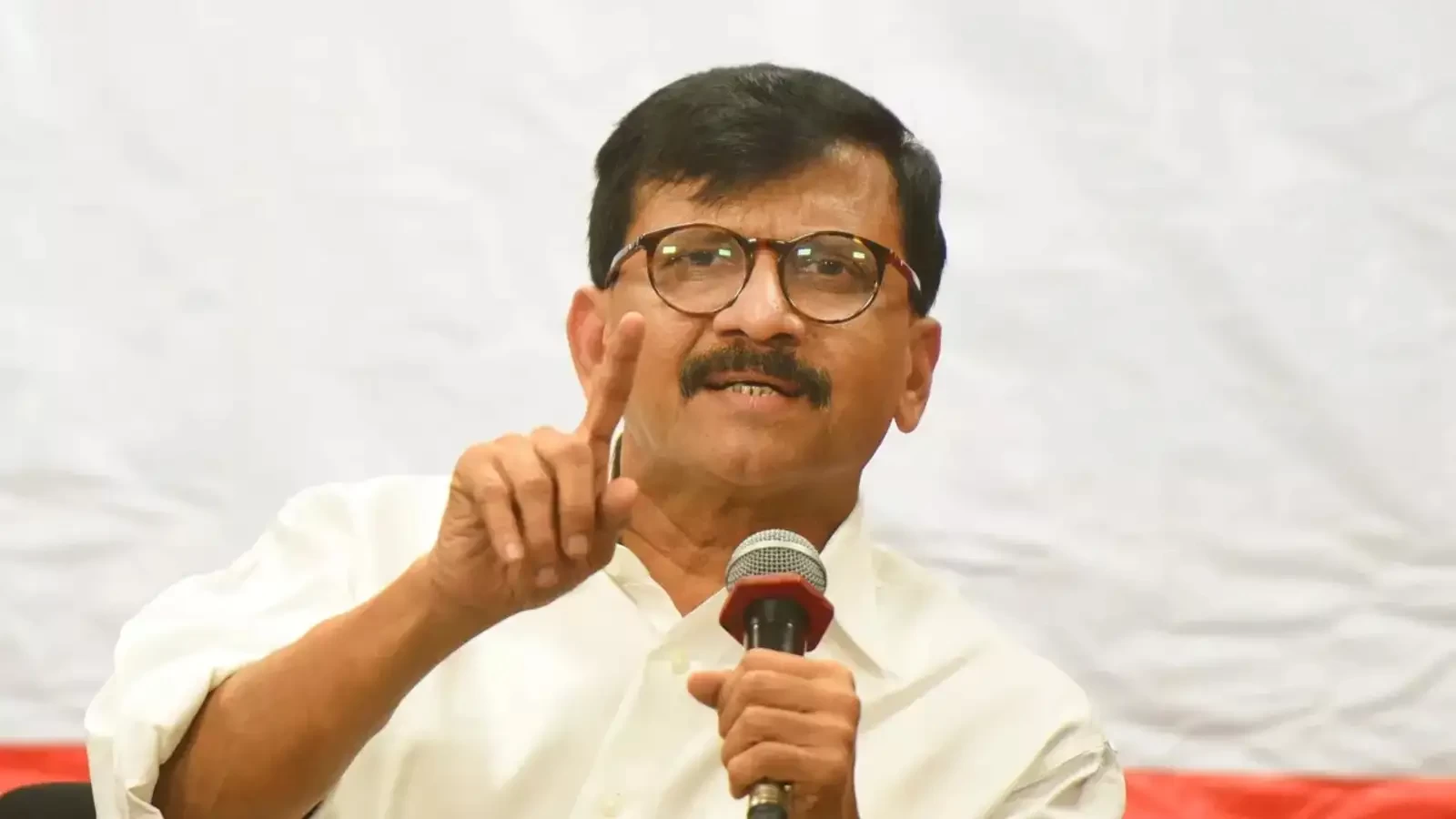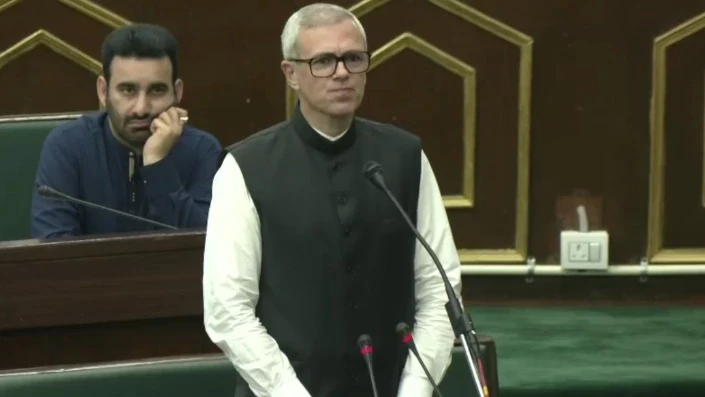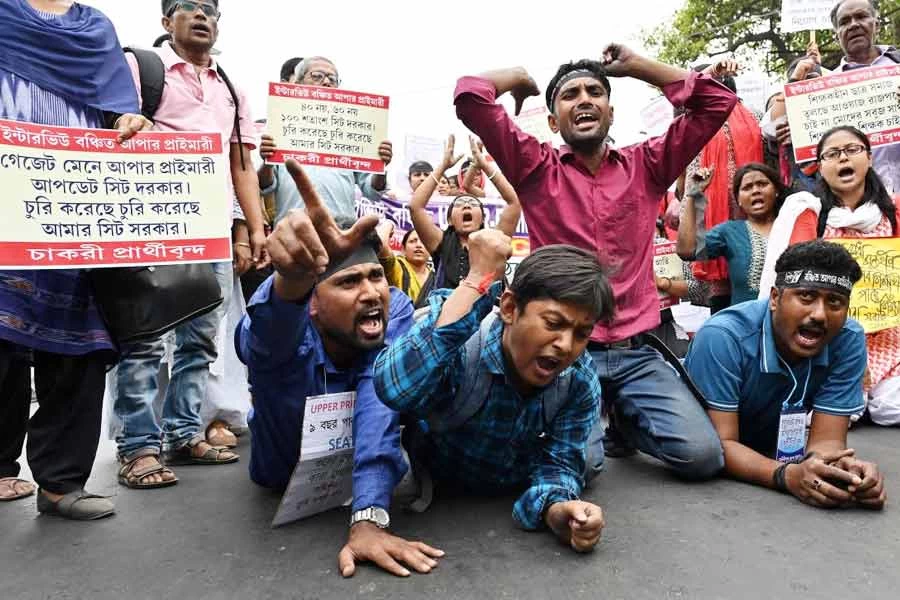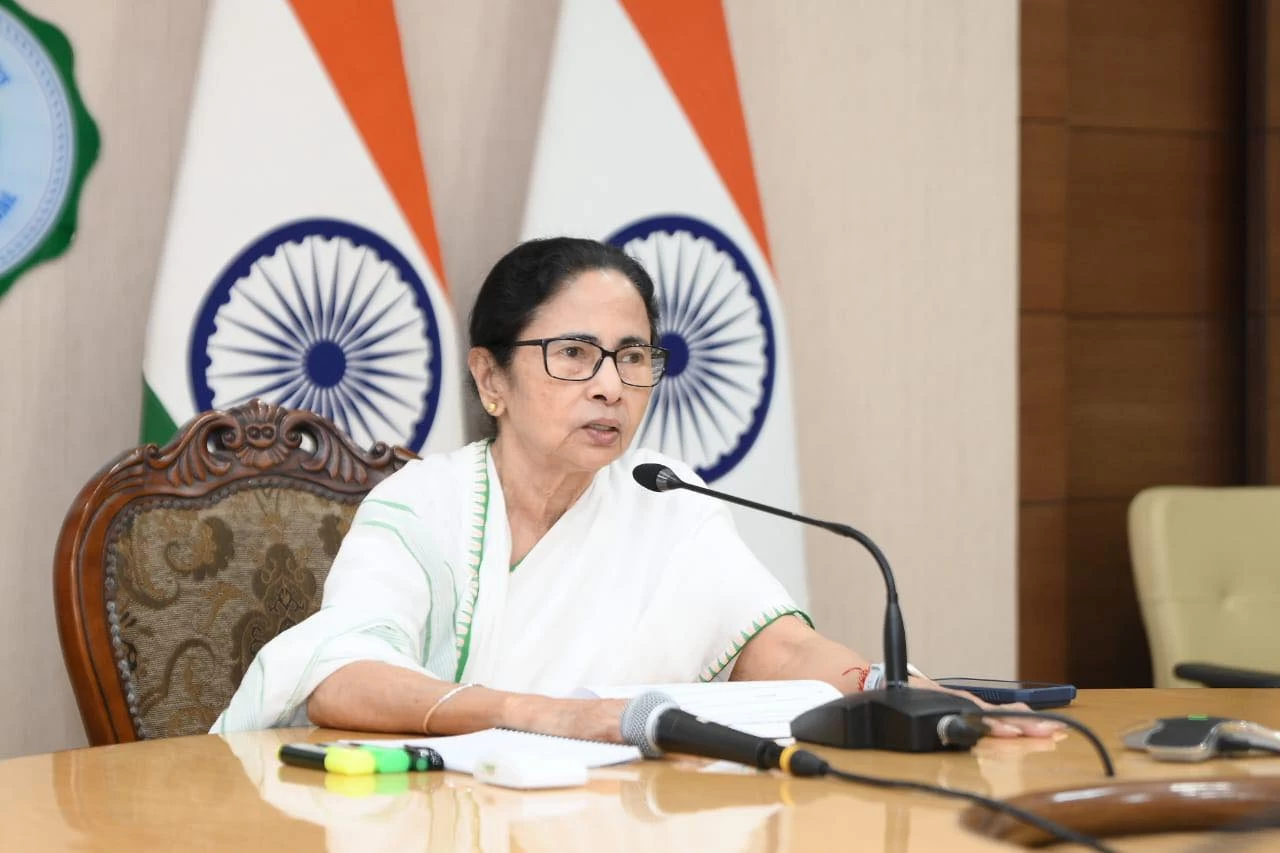Latest Updates
“Sochi Samjhi Rajneeti…”: Waqf Amendment Bill 2024 referred to JPC after Opposition resisted the bill calling it ‘draconian’
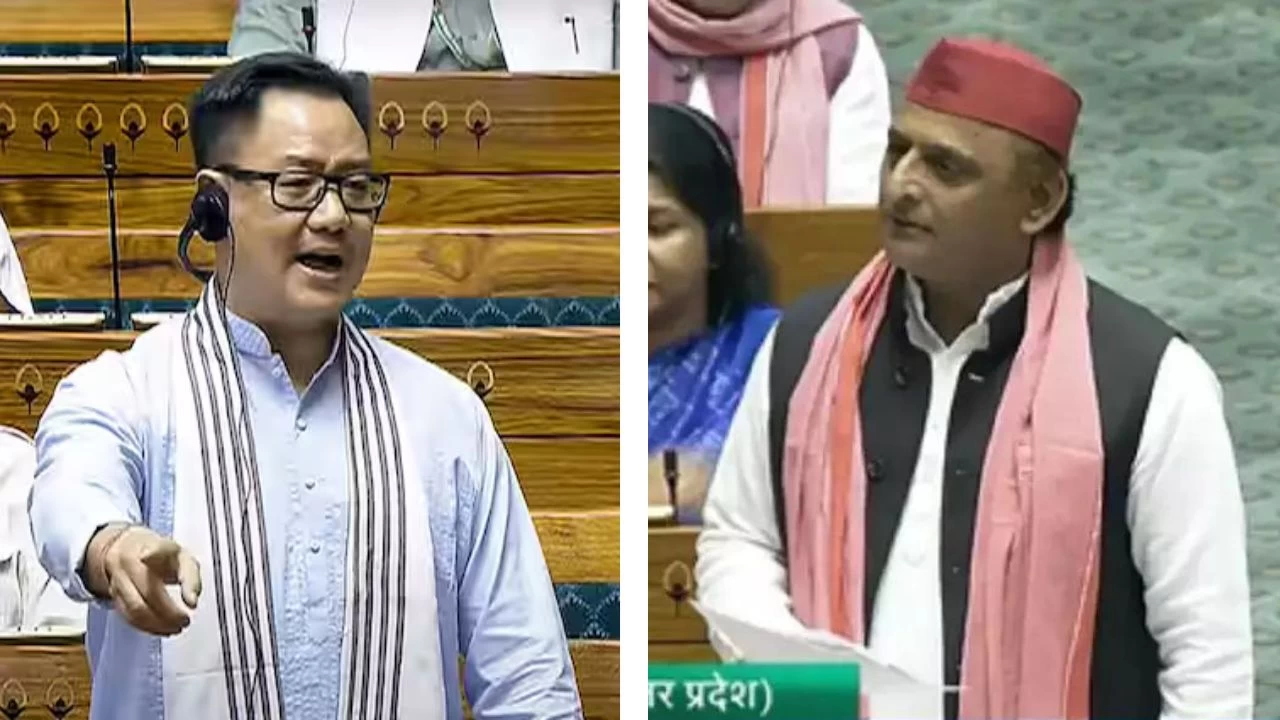
The Modi government on Thursday introduced the Waqf (Amendment) Bill 2024 Lok Sabha, presented by Minority Affairs Minister Kiren Rijiju. The bill, that as per government aims to amend the Waqf Act of 1995, which governs the administration of Waqf properties, including land and buildings donated for religious and charitable purposes, met with strong resistance from the opposition that called the proposed bill - ‘unconstitutional’, ‘draconian’ and ‘anti-muslim’. The bill will now be sent to the Joint Parliamentary Committee, as was demanded by the opposition and agreed upon by the government.
The bill was discussed for close to two hours in Lok Sabha. The proposed amendments include the establishment of a national Waqf Council to oversee property management, increased transparency in property transactions, and stricter regulations on the misuse of Waqf assets.
Minister Kiren Rijiju defended the bill, stating: "The Waqf Amendment Bill 2024 seeks to enhance the administration and management of Waqf properties, ensuring that they are used effectively for the benefit of the community." Rijiju emphasized that the bill’s objective was to address long-standing issues in Waqf property management and to improve accountability within the system.
However, the bill faced substantial criticism from opposition parties, who argued that it is undermined the interest of the community.
Akhilesh Yadav, Samajwadi Party Chief, criticized the bill and called a calculated political move.
“Yeh sochi samjhi rajneeti hai (this is a well thought out and calculated politics). When there is a democratic process for election, why nominate people to the Waqf Board? No person from outside the community is part of other religious bodies. What is the point of including non-Muslims in Waqf bodies? BJP has brought this legislation to appease some hardliner supporters after its setback in the Lok Sabha election”, said Akhilesh Yadav, questions the proposal to include people from outside the Muslim community in the Waqf Board. Rijiju defended that as “for transparency”.
Like Yadav, Trinamool Congress MP Sougata Roy too condemned the bill, calling it "a tool for the government to exert undue control over Waqf properties and marginalize minority communities."
The opposition's concerns focus on the perceived centralization of authority and the potential for misuse of power, which they argue could negatively impact minority communities.




